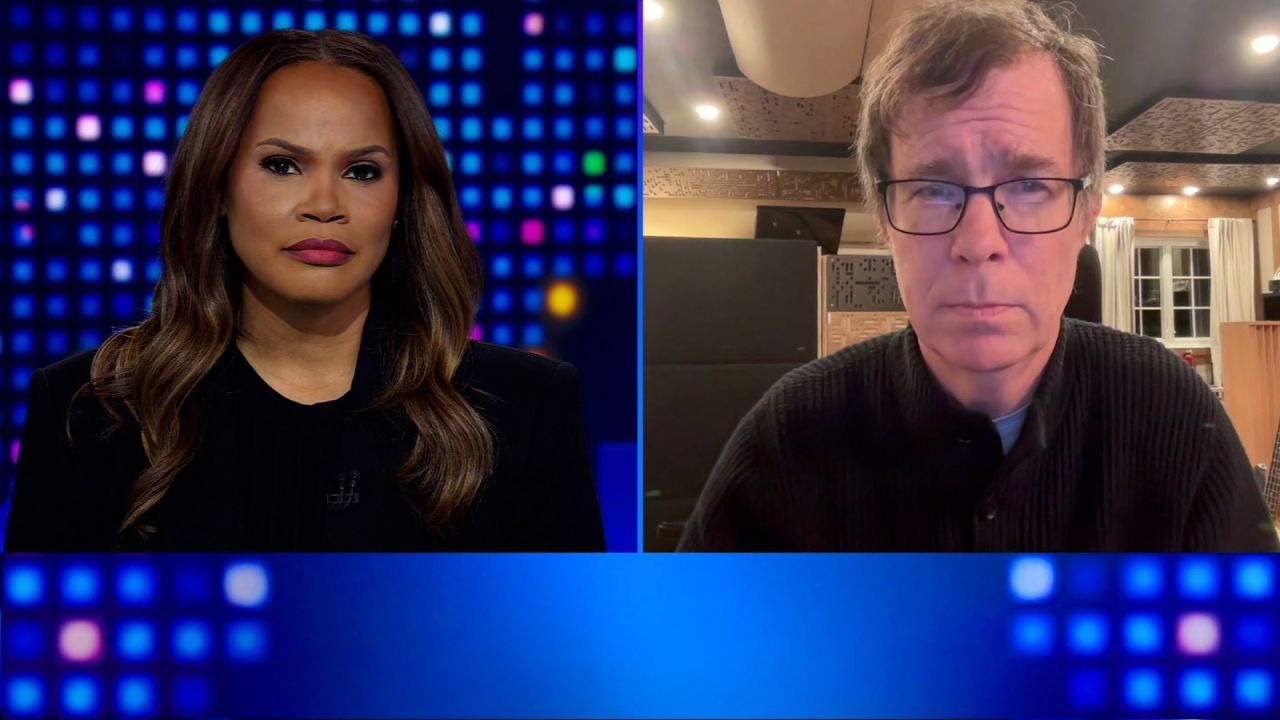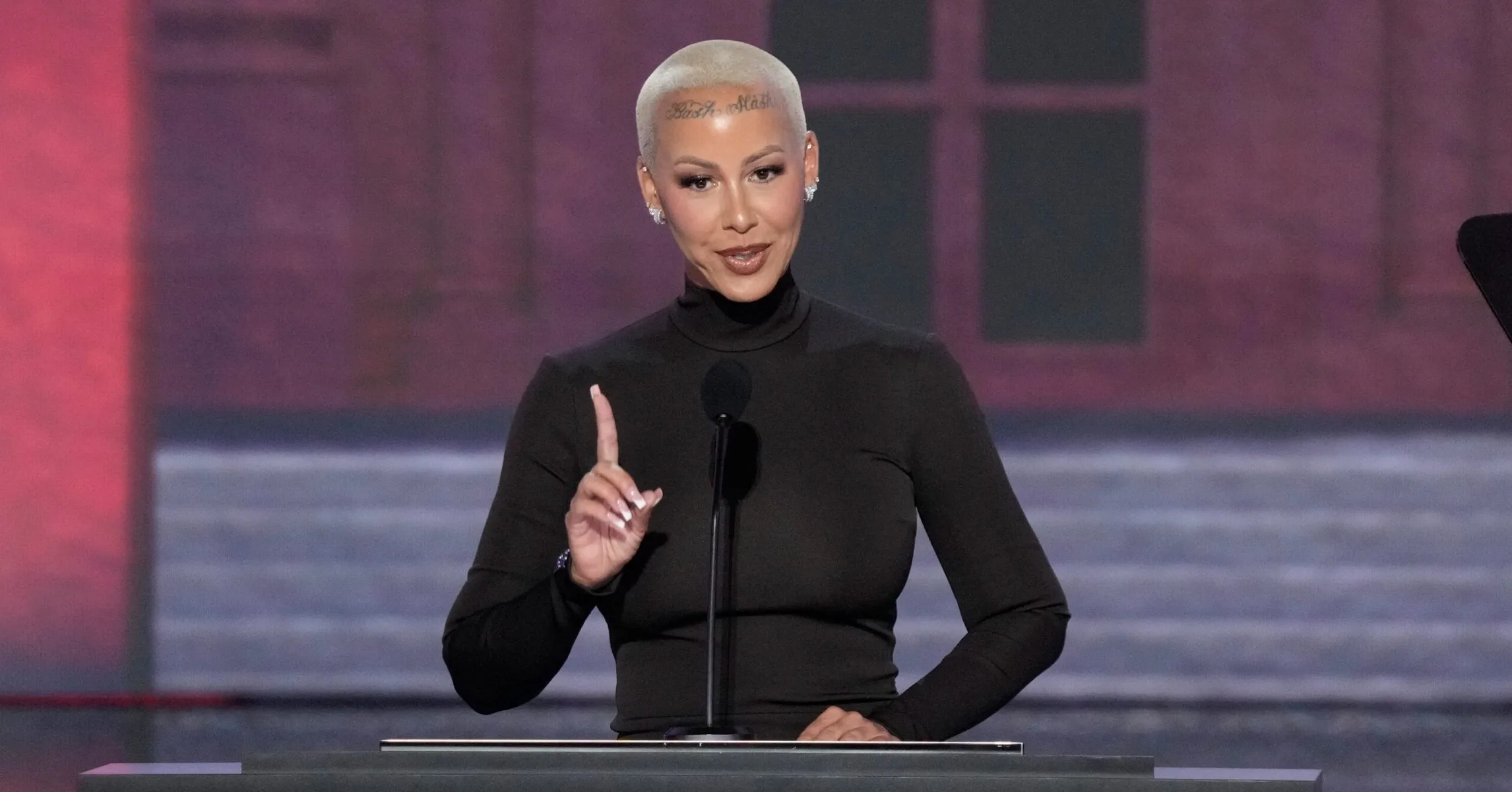The fourth season of Netflix’s fantasy series, The Witcher, has received its lowest ratings yet on Rotten Tomatoes, revealing the considerable challenges that the streaming giant faces in maintaining audience engagement. Despite a promising foundation built on a well-established fanbase from the books and video games, the series has struggled to balance creative liberties with source material fidelity.
Initially, The Witcher attracted a significant following, with the first season earning praise from general audiences, even as critics expressed reservations about deviations from the source material. The second season saw a stark shift, with greater divergence from the books, leading to mixed reactions. Critics generally favored this iteration, but many fans felt alienated by the changes.
As anticipation for season four grew, the pressure mounted on Netflix to adhere more closely to the original narratives crafted by Andrzej Sapkowski. Although the latest season made efforts to realign with the books, including a notable storytelling approach reminiscent of Sapkowski’s style, it ultimately failed to resonate with viewers.
Book Faithfulness and Creative Decisions in Season 4
The season’s attempt to remain faithful to the source material did include some notable shifts, particularly regarding the character of Yennefer. While her storyline in season four diverged from the novels—she is depicted as a jade statue in the books—this creative decision was deemed necessary to keep her character relevant throughout the season.
Despite these efforts, the overall reception was disappointing. Critics and audiences alike bestowed record-low scores upon the season, indicating that the efforts to rectify earlier criticisms did not translate into improved viewer satisfaction. The disconnect between the creative direction of the series and audience expectations became increasingly evident, as many fans continued to voice concerns about the show’s fidelity to its roots.
Implications of Henry Cavill’s Departure
The situation was further complicated by the departure of lead actor Henry Cavill, whose exit has been linked to the series’ creative changes. His absence added to the growing dissatisfaction among fans, many of whom had already expressed concerns following season two’s reception. Even if season four had achieved perfection in execution, the absence of Cavill likely would have hindered its ability to engage the audience.
Netflix’s struggle with The Witcher illustrates a broader lesson in adaptation: significant alterations to beloved source material can alienate loyal fans and create insurmountable challenges for future seasons. The fate of the series may serve as a cautionary tale for studios attempting to navigate the complex balance between creative innovation and fidelity to established narratives.
As Netflix grapples with the consequences of these decisions, the future of The Witcher remains uncertain. The show’s trajectory highlights the risks associated with straying too far from the source material, especially in a world where dedicated fanbases are quick to voice their discontent.







